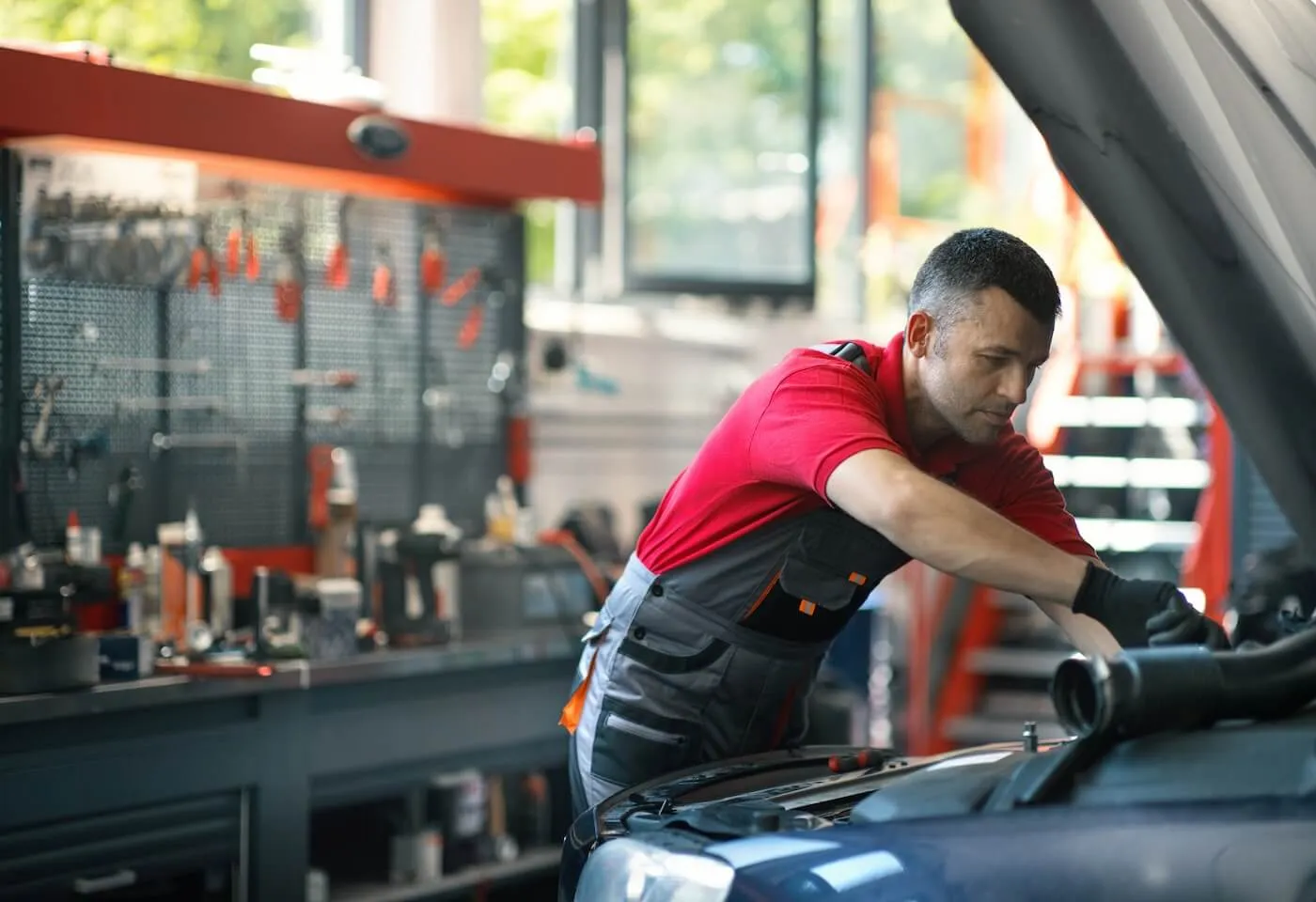Do Aftermarket Parts Impact Your Car’s Value?
Quick Answer
Aftermarket parts may impact your car’s value, depending on the part and the modification. A part that improves your car's performance or safety may increase its value, while a highly custom or poorly installed part could have the opposite effect.

Whether you're upgrading your vehicle or just having repairs done, your mechanic may ask if they can use aftermarket parts. This option is typically cheaper than going with original equipment manufacturer (OEM) parts, but it can affect your vehicle's resale value.
Knowing how aftermarket versus OEM parts may influence your car's value can help you decide which one you'd prefer to have installed. Here's what to know.
Aftermarket vs. OEM Parts
Original equipment manufacturer parts are made by the same company that produced the vehicle, such as Toyota, Honda or Ford. These parts are the same as the ones that were installed when your car was built, which ensures you get the same quality and fit as when you bought the car.
Aftermarket parts are made by third-party manufacturers and may differ slightly from OEM parts, but are designed to be functionally identical. Mechanics may use aftermarket parts to lower the cost of car repairs—and, in some cases, aftermarket parts are even higher quality than OEM parts and can help improve the vehicle's performance, efficiency or safety.
Dealerships use OEM parts, while independent auto repair shops are more likely to use aftermarket parts.
Benefits of Choosing Aftermarket Parts
There are several positive aspects of using aftermarket car parts. They are typically:
- Cheaper than OEM parts: Companies that make aftermarket parts produce them at a high volume and may design them to fit multiple makes and models. As a result, aftermarket parts are cheaper compared to OEM parts and may help you save money on repairs.
- Insurer-approved: Car insurance companies may dictate the type of parts it will cover in a repair claim. They often prefer aftermarket parts to keep costs low.
- Widely available: Hundreds of companies make a variety of aftermarket parts, meaning you have plenty of choices when getting repairs done or personalizing your vehicle.
Does Using Aftermarket Parts Impact Your Car's Resale Value?
Aftermarket parts may or may not impact your car's resale value. It depends on the modification and the type of part.
For example, an aftermarket part that's meant to improve the performance and safety of your car could improve your car's resale value. Custom alloy wheels, an upgraded sound system or a body kit are all examples of aftermarket parts that may increase the value of your vehicle.
However, a highly specific aftermarket modification, like a turbocharged engine, may reduce the resale value because potential buyers might not need or want that type of modification.
Tips for Preserving Your Car's Resale Value
Caring for your car will protect its value, which helps you get more money back when it's time to sell the vehicle. Here are some ways you can retain your car's value:
Drive Responsibly
Auto accident claims hurt your car's value, so it's important to drive responsibly. Generally, that means using a seat belt, not driving while impaired, obeying speed limits and paying attention to the road. Keeping your yearly mileage low also reduces the likelihood of being in an accident, puts less strain on the vehicle and limits your maintenance needs.
Keep the Car Clean
Cigarette smoke can lower your car's value over time because it releases harmful chemicals and toxins that can linger on seats, carpet and surfaces. Food and drink stains can also cause odors and generally look unattractive, which can also lower the car's value. Consider allowing only water and mess-free snacks in the car, and step outside the car if you need to smoke.
Perform Routine Maintenance
Keeping up with routine car maintenance—like oil changes, tire rotations and brake work—can help your car run better and maintain its value. Follow your owner's manual for service intervals, and hire a trusted mechanic for inspections. Consider saving receipts for these services to show potential buyers you've cared for your vehicle.
Check Vehicle Warranty and Local Laws
The presence of aftermarket parts won't directly void a vehicle's manufacturer warranty. But if an aftermarket part is improperly installed or causes an issue, the dealer may void the warranty for that part.
You'll also need to check whether the aftermarket part follows local laws, since you won't be able to sell the car if your aftermarket parts are illegal in your or the buyer's state.
The Bottom Line
Aftermarket parts are typically approved by insurance companies, widely available and cheaper than OEM parts. Whether they affect your car's resale value depends on the specific modification or type of part you want to use.
An upgraded sound system, for example, may boost your car's appeal and increase its value, while a customized spoiler may have the opposite effect.
What makes a good credit score?
Learn what it takes to achieve a good credit score. Review your FICO® Score for free and see what’s helping and hurting your score.
Get your FICO® ScoreNo credit card required
About the author
Kim Porter began her career as a writer and an editor focusing on personal finance in 2010 and has since been published everywhere from Yahoo! Finance to U.S. News & World Report, Credit Karma, USA Today, Fortune and more.
Read more from Kim